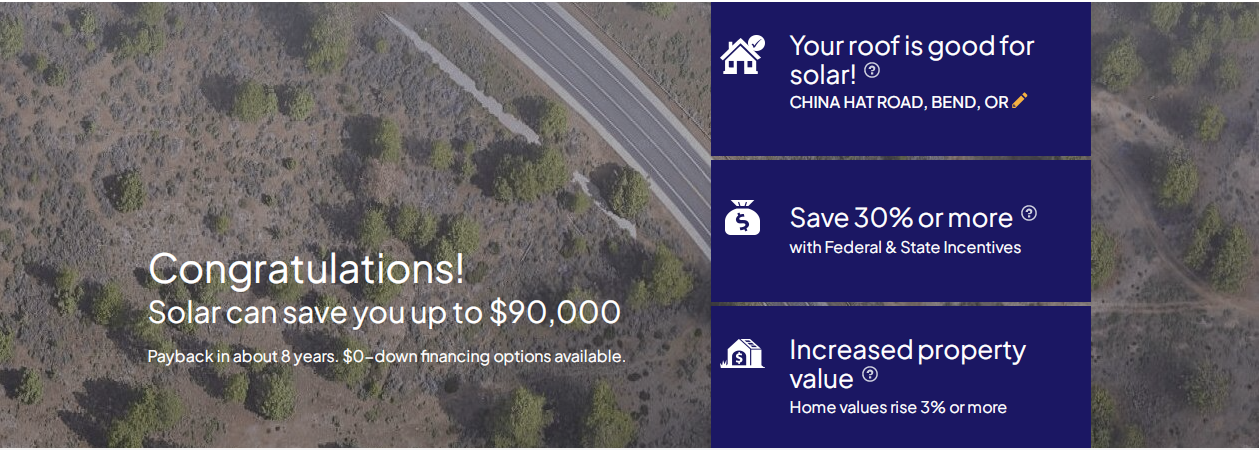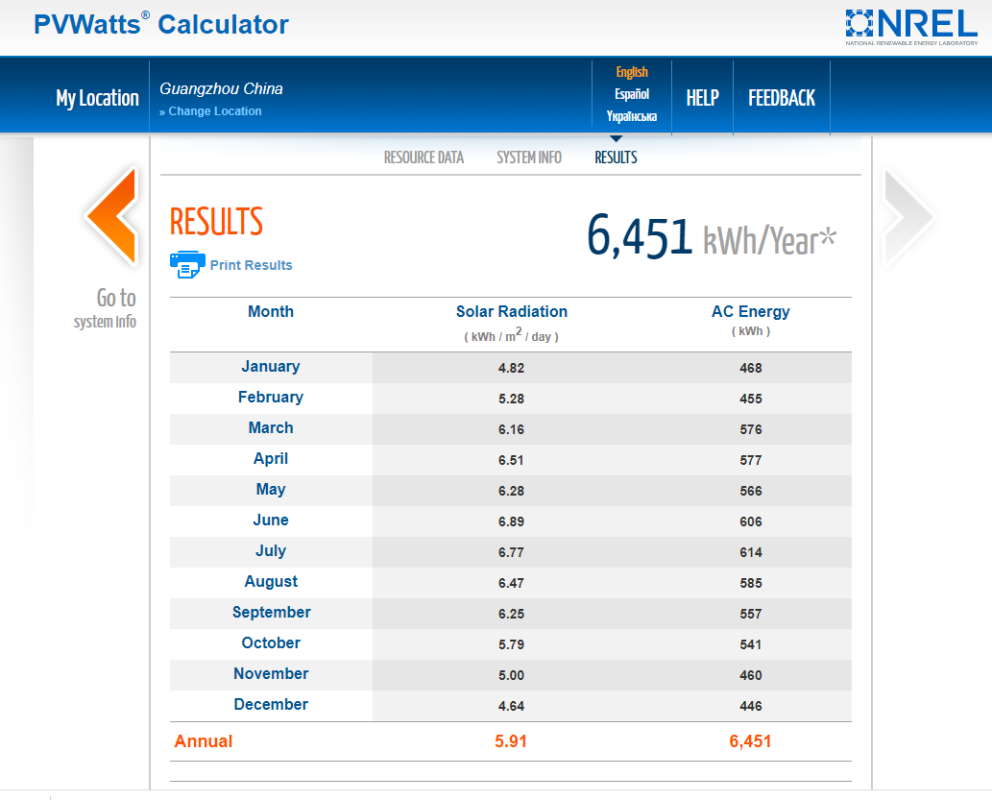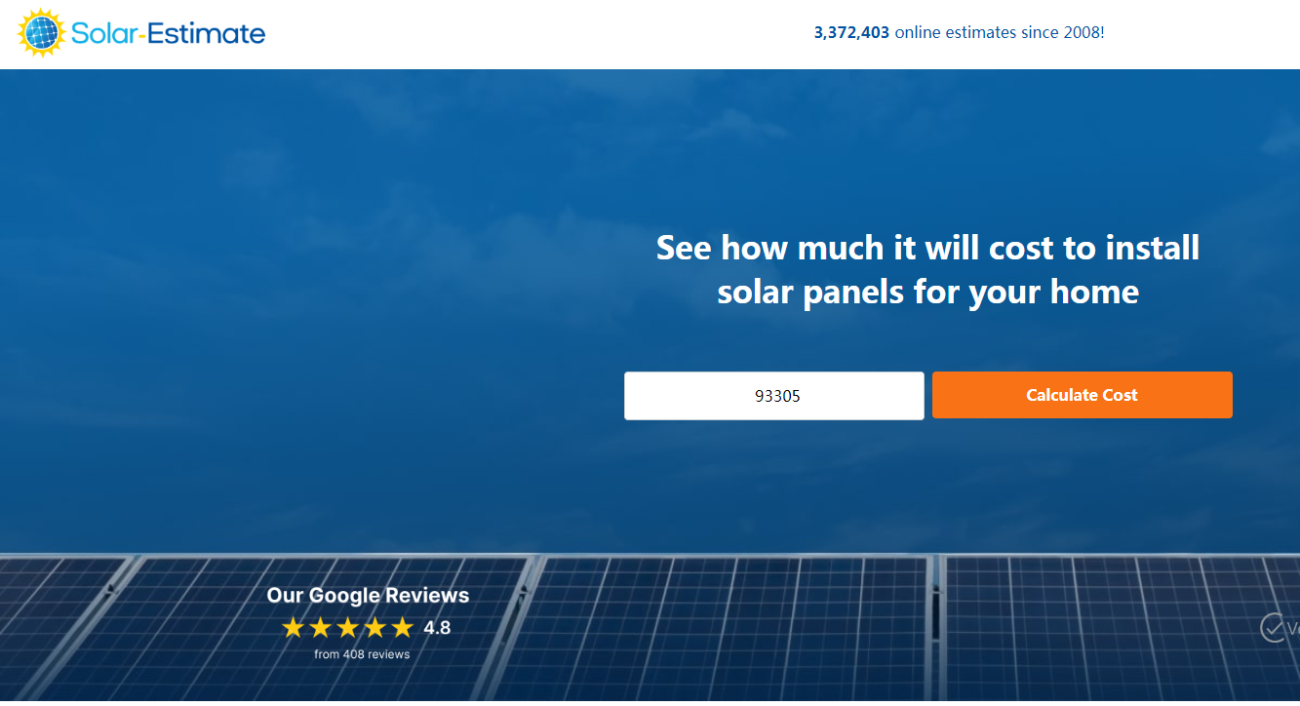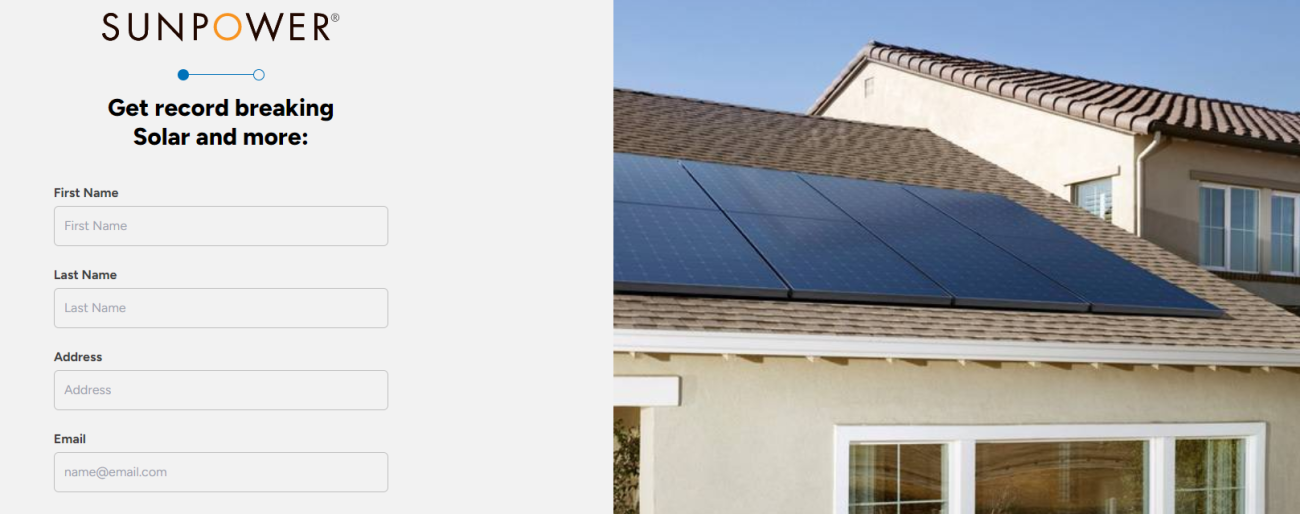A solar installation calculator is a tool that helps you estimate the size, cost, and savings of a solar panel system for your home or business. These calculators take into account factors like your energy usage, location, roof size, and local solar incentives to provide a customized estimate.
Here’s a guide to using a solar installation calculator and some popular tools available online:
How to Use a Solar Installation Calculator
- Enter Your Location:
- Provide your address or ZIP code to determine the amount of sunlight your area receives (solar irradiance).
- Input Your Energy Usage:
- Enter your monthly or annual electricity consumption (in kWh). This information can be found on your utility bill.
- Roof Information:
- Specify the size, orientation, and shading of your roof to determine how many solar panels can be installed.
- System Size:
- The calculator will estimate the size of the solar system (in kW) needed to meet your energy needs.
- Cost and Savings:
- The tool will calculate the upfront cost, potential savings, payback period, and return on investment (ROI) based on local electricity rates and incentives.
- Incentives and Financing:
- Include information about available solar rebates, tax credits, and financing options to refine your estimate.
Popular Solar Installation Calculators
1:EnergySage Solar Calculator
Website: https://www.energysage.com/solar/calculator/
Provides detailed estimates of system size, cost, and savings.
Compares quotes from multiple solar installers.
Pron:
1:The system is easy to navigate
2: Users can effortlessly input data and obtain results
3:It clearly display key information and calculation results
4:It can provide reliable predictions of solar system performance and economic benefits
Con:
1:Can not use it if don not have basic information
2:Users can not compare different solar system configurations and quotes to make informed decisions

2:Google Project Sunroof
Website: https://sunroof.withgoogle.com/
Uses Google Maps to analyze your roof’s solar potential.
Estimates savings and system size based on your location.
Pron
1:Project Sunroof features a clean interface design, allowing users to easily input an address and quickly obtain solar potential assessment results
2:The tool intuitively displays the solar potential of rooftops through color coding and charts, enabling users to grasp key information at a glance
3:roject Sunroof uses advanced machine learning algorithms and meteorological data to provide relatively accurate predictions of solar system performance and economic benefits.
Con
1:Restricted by region

3:PVWatts Calculator (by NREL)
Website: https://pvwatts.nrel.gov/
A technical tool for estimating energy production and cost for solar systems.
Ideal for advanced users or those familiar with solar terminology.
Pron
1:The PVWatts interface is relatively simple, allowing users to easily input basic parameters such as geographic location and system size.
2:The tool presents estimation results through concise charts and numbers, enabling users to quickly grasp key information.
3:PVWatts allows users to input detailed data, such as system size, tilt angle, and azimuth angle, to improve the accuracy of estimates.
4:The tool uses scientific and validated calculation models based on extensive research and data from NREL, providing reliable estimates of solar system energy production.
Con:
1:The research is hindered by a lack of fundamental solar energy data.

4:Solar-Estimate.org
Website: https://www.solar-estimate.org/
Provides a detailed breakdown of costs, savings, and payback periods.
Includes local incentives and tax credit information.
Pron
1:The interface of Solar-Estimate.org is simple and clean, allowing users to easily input basic information and quickly obtain estimation results.
2:he tool presents estimation results through clear charts and numbers, enabling users to grasp key information at a glance.
3:The system allows users to input detailed data, such as geographic location, electricity consumption, and roof area, to improve the accuracy of estimates.
Con
1:Restricted by region

5:SunPower Solar Calculator
Website: https://www.sunpower.com/solar-calculator
Estimates system size, cost, and savings for SunPower solar panels.
Includes financing options.
Pron
1:The SunPower Solar Calculator features a clean and simple interface, allowing users to easily input basic information (such as address and electricity bills) and quickly obtain estimation results.
2:The tool presents estimation results through clear charts and numbers, enabling users to intuitively understand the potential energy production, cost savings, and return on investment of solar systems.
3: The tool allows users to input detailed electricity usage data (such as monthly bills or consumption) and combines this with geographic location and roof conditions to provide personalized estimates.
Con
1:Primarily tailored to SunPower’s products and services, which may not be suitable for other solar system brands.
2:Users requiring more detailed analysis may need to combine it with other tools or professional consulting services.

6:Tesla Solar Calculator
Website: https://www.tesla.com/solar
Estimates the cost and savings of Tesla solar panels and Powerwall.
Provides a quick quote based on your address and energy usage.

7:HearGrow Solar Calculator
Website: https://www.heargrow.com/solar

Why strongly HearGrow solar calculator as some of you don not know what’s the usage of you or your home.Begin to set up a solar system.We are ofen curioused about what solar panel i should choose and what solar controller i need also the inverter as well as battery.So difficult for most of you.
Key Factors to Consider
- System Size: The size of the solar system (in kW) depends on your energy usage and available roof space.
- Upfront Cost: Includes the cost of panels, inverters, installation, and permits.
- Savings: Calculate how much you’ll save on electricity bills over the system’s lifetime.
- Payback Period: The time it takes for your savings to cover the initial investment.
- Incentives: Federal, state, and local incentives (e.g., tax credits, rebates) can significantly reduce costs.
- Financing Options: Explore loans, leases, or power purchase agreements (PPAs) if you don’t want to pay upfront.
Example Calculation
- Location: Phoenix, AZ (high solar irradiance)
- Energy Usage: 1,000 kWh/month
- System Size: 8 kW
- Upfront Cost: $20,000 (before incentives)
- Federal Tax Credit (30%): $6,000
- Net Cost: $14,000
- Annual Savings: $1,500
- Payback Period: ~9 years
Using a solar installation calculator is a great way to get started on your solar journey. For the most accurate results, consider consulting a professional solar installer who can provide a detailed assessment and quote.


